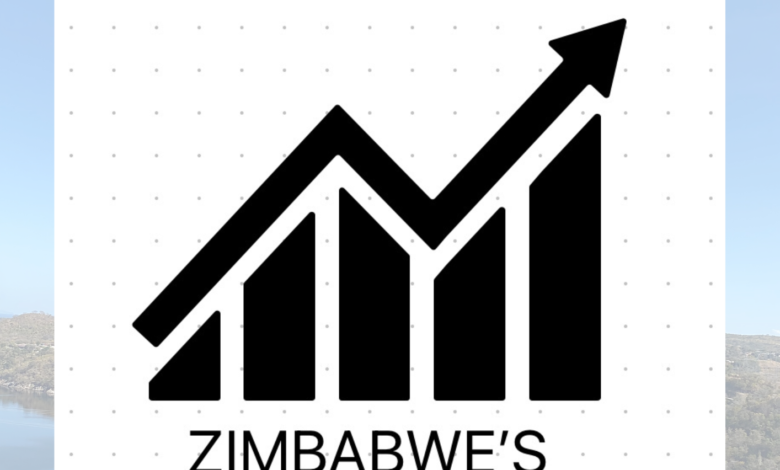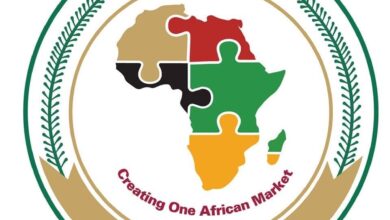Zimbabwe’s Economic Reforms: A 2021-2023 Overview

In the past few years till now, Zimbabwe is diligently striving to revitalise its economy through a series of comprehensive reforms. Facing challenges that range from hyperinflation to stagnant growth, the nation embarked on a journey of transformation. With a focus on fiscal discipline, investment promotion and social development. Therefore, this article examines the key economic reforms undertaken by Zimbabwe from 2021 to 2023 and their impact on the country’s economic landscape. Zimbabwe’s economic reforms will aid in improving livelihoods.
Fiscal Prudence and Monetary Stabilisation for Zimbabwe’s economic reforms
So, one of the primary thrusts of Zimbabwe’s economic reforms is to rein in fiscal deficits and restore monetary stability. In 2021, the government adopted a pragmatic approach by curbing excessive spending, rationalising subsidies and enhancing revenue collection through tax reforms. Also, the central bank implemented measures to tighten monetary policy. This is including controlling money supply growth and adopting a more flexible exchange rate regime. These efforts have contributed to curbing hyperinflation, stabilising the local currency and restoring confidence in the financial system. This mix will aid in Zimbabwe’s economic rehabilitation.
Investment Promotion and Ease of Doing Business to improve Zimbabwe’s economic rehabilitation.
Additionally, Zimbabwe recognises the pivotal role of foreign direct investment (FDI) in fostering economic growth. With that, Zimbabwe embarked on initiatives to attract both local and international investors. Moreso, the reforms include streamlining bureaucratic processes, reducing red tape and improving the ease of doing business. Special economic zones were established to create investor-friendly environments. Furthermore, targeted investment incentives were introduced to stimulate key sectors such as agriculture, mining and manufacturing. These measures have begun to yield results, with notable increases in FDI inflows and renewed investor interest. This is improving Zimbabwe’s economic rehabilitation which many Zimbabweans are waiting for.
Agricultural Revival and Food Security
Zimbabwe’s agricultural sector, historically a cornerstone of its economy, is receiving renewed attention under the reform agenda. The government implemented policies to enhance land tenure security, provide access to credit for farmers and promote modern farming techniques. Investments in irrigation infrastructure and agribusiness value chains are a priority. This is leading to an increase in agricultural productivity and improved food security. The sector’s growth is not only bolstering the rural economy but also reducing reliance on food imports. This in turn will improve Zimbabwe’s economic rehabilitation.
Social Development and Poverty Alleviation
Also, the economic reforms also aim to address socio-economic inequalities and alleviate poverty. Targeted social safety nets are expanding to provide support to vulnerable populations. While efforts to improve education, healthcare and infrastructure are intensifying. By investing in human capital and social development, Zimbabwe seeks to create a more inclusive and equitable society. This ultimately contributes to sustainable economic growth.
Challenges and Future Prospects
While Zimbabwe’s economic reforms have shown promising progress, challenges remain on the path to long-term recovery. Persistent structural issues, such as corruption and inadequate infrastructure, continue to hamper growth. Additionally, external factors such as global economic uncertainties and fluctuating commodity prices pose risks to the nation’s economic trajectory.
In conclusion, Zimbabwe’s economic reforms from 2021 to 2023 have marked a significant step towards revitalising the nation’s economy. Through fiscal discipline, investment promotion, agricultural revival and social development, the government has laid the foundation for sustainable growth and resilience. While challenges persist, the commitment to reform and the emerging positive outcomes suggest a hopeful outlook for Zimbabwe’s economic future.




